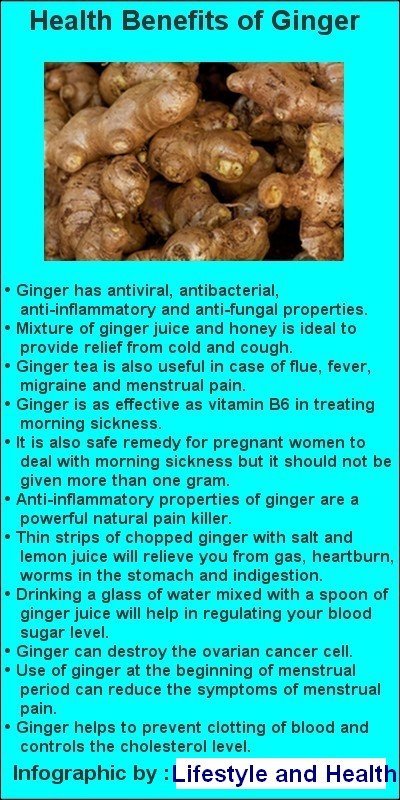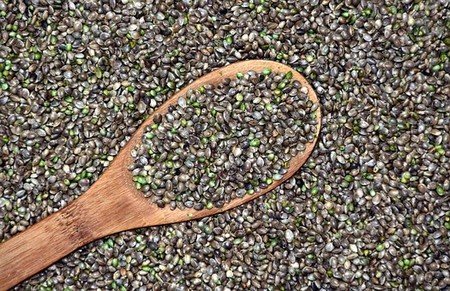Health benefits of 10 Root Vegetables
Root vegetables are the plant roots that grow underneath the ground. These vegetable roots absorb a high amount of minerals, natural healing benefits of Mother Nature, and other nutrients from the soil. These roots also absorb important nutrients from the sun through their leaves as these leaves are above the ground. These vegetables are available throughout the year. Most of the root vegetables are jam-packed with the carbohydrate that breaks down into sugar in the body and provide energy and ability to function all the organ properly. These root vegetables differ in the concentration and the balance between sugar, starch, and other types of carbohydrates.
Vegetable roots are high in fiber and extra add-on health benefits that come from nature. These Roots are calorie sparse, low in fat, and nutrient-dense, are also easily available in the local market. Additionally, they are the superior source of anti-oxidants, generally high in vitamin C and contain essential minerals like potassium, phosphorous and magnesium, etc. Eating root vegetables will improve your physical as well as mental health. Anti-oxidants present in these roots will stop oxidation inside the body, prevent damage from oxidation by blocking the chemical reaction. These will also help to remove harmful free radicals and toxins from the body. There are numerous health benefits of these vegetables and some of the root vegetables with their health benefits are given here:
Ginger

Ginger offers extensive health benefits and is being used as a natural remedy in many ailments for centuries. It can be used in fresh, dried, in powder or in juice form. It will help in treating nausea, arthritis, heart conditions, and treating sour throat and headache. The mixture of ginger juice and honey provide relief from cold and cough. Ginger tea helps in treating flu, fever, migraine, and menstrual cramp. For more details about the health benefits of ginger see “Health Benefits of Ginger:
Yam

Yam is found in more than 200 varieties and varies in color from yellow to purple. These roots are a great source of vitamin6 and potassium. Yam contains a chemical that helps in providing an alternative to hormone replacement for menopausal women and to ease the symptoms of menopause. For centuries the Chinese have been using yams to keep up their health.
Onion

Onions are a good source of vitamin C, B6, B1, K, calcium, and dietary fiber. It also contains a good amount of folic acid. Onion has been used to reduce inflammation and heal infections. Onion helps in the production of good cholesterol (HDL) that keeps your heart healthy. Flavonoids reside at their highest concentration in the outer layers of the flesh which provide antibacterial benefits so you should peel off onion as little as possible of the outer layer. Daily use of onion in your diet increases bone density which is especially for adult and mature age men and women.
Garlic

Garlic has a variety of potent sulfur-containing compounds which are the reason for its being a bit smelly. These compounds help protect against oxidative stress often leads to unpleasant inflammation. Garlic has been used to prevent and cure a wide range of health conditions due to its antiviral, antibacterial, anti-fungal, and anti-oxidant properties. These conditions include high blood pressure, high cholesterol levels, heart problems, and preventing cancer and saving you from disease caused by overoxidation in the body. It also helps in boosting your metabolism.




